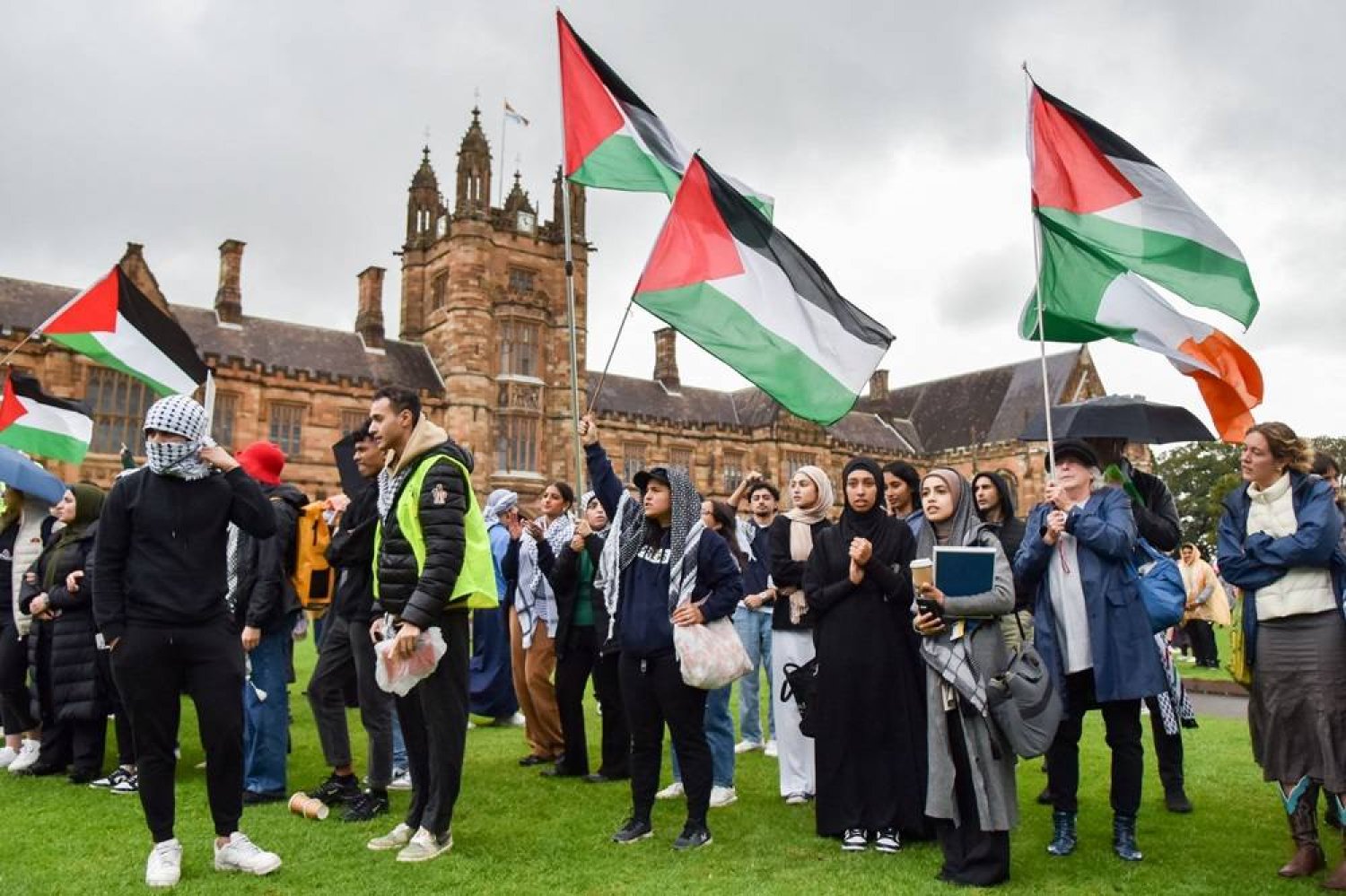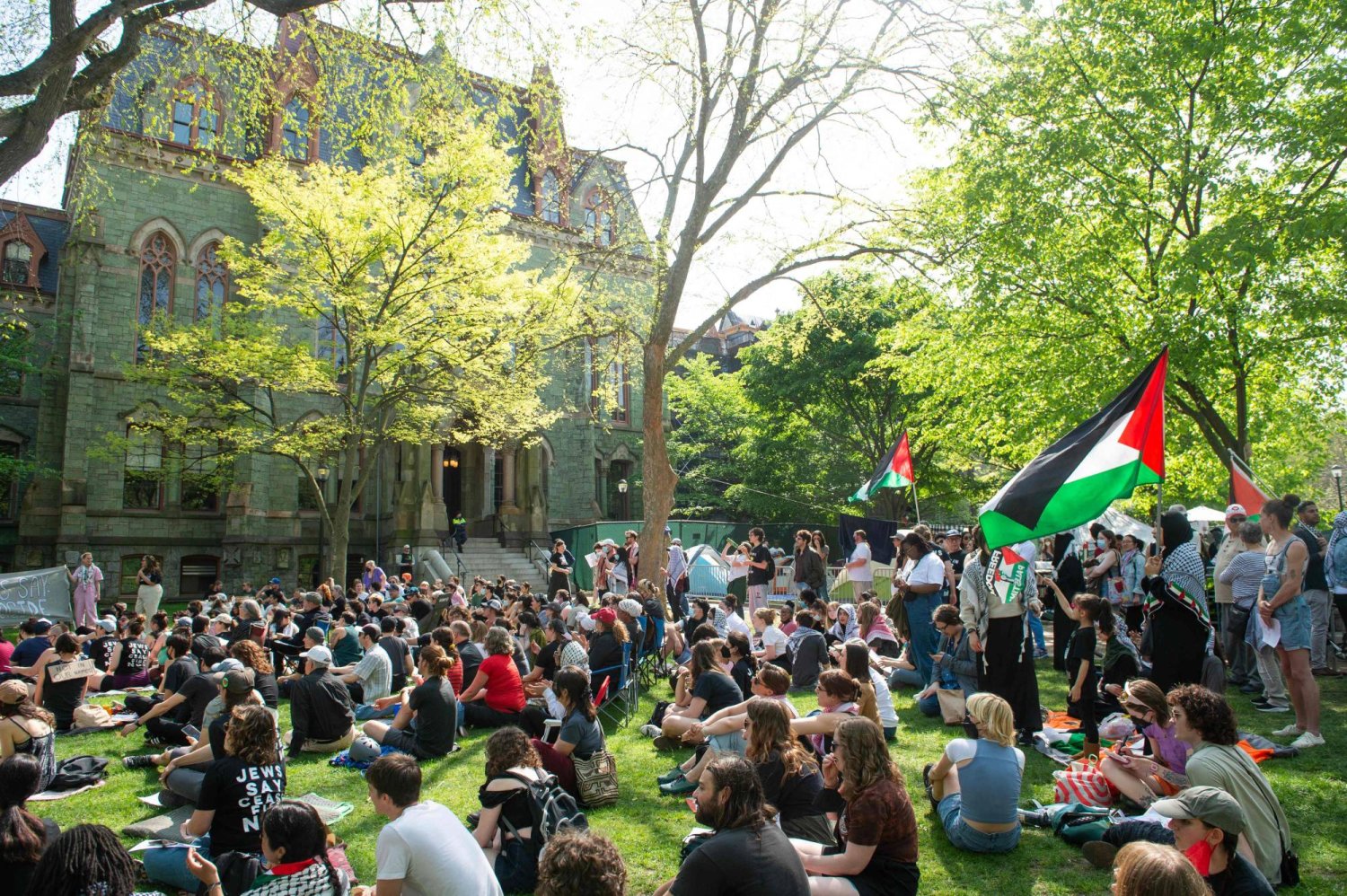After months of difficult negotiations, can the United States and Iran find a way to salvage the 2015 nuclear accord?
Next week's annual summit at the United Nations could offer clues as Iran's new hardline government makes its international debut.
- Where are the negotiations at? -
After President Joe Biden took office in January, the United States and Iran began indirect negotiations in Vienna through go-betweens from the European Union and the nations that remain in the agreement -- Britain, France, Germany, Russia and China.
Former president Donald Trump in 2018 withdrew from the deal negotiated by his predecessor Barack Obama, arguing that it did not address other concerns on Iran, reported Agence France-Presse.
The accord promised Iran economic relief for its sharp scaling back of its nuclear work, but Trump instead slapped sweeping sanctions on Tehran including a unilateral US ban on oil exports.
Negotiations made modest headway, but have been at a standstill since June as Iran insists on the lifting of all sanctions. The Biden administration says it is only willing to look at measures taken in response to the nuclear program.
Iran's new ultraconservative president, Ebrahim Raisi, entered in early August and put a hardliner in charge of negotiations, replacing the more moderate team of his predecessor Hassan Rouhani who sought a better relationship with the West.
- What will happen at UN? -
Raisi will make his debut on the international stage with a speech Tuesday before the UN General Assembly -- but like many leaders he will appear by video due to Covid-19 precautions.
Iran's new foreign minister, Hossein Amir-Abdollahian, will travel to New York but no meetings with the United States are scheduled.
"We have not made any direct plans for bilateral meetings while they are here, but that doesn't mean that we don't see value in having discussions with the Iranians," said the US ambassador to the United Nations, Linda Thomas-Greenfield.
But indirect diplomacy is expected as the Europeans see the new Iranian team. The US pointman on Iran, Rob Malley, recently visited Moscow where he spoke of "constructive" meetings.
By contrast, a European diplomat said that China, the key trading partner of Iran, has increasingly sought to protect Tehran.
- What comes next? -
Amir-Abdollahian suggested in late August that the negotiations in Vienna will not resume for two or three months, although some observers expect talks earlier.
What remains unclear is if Tehran will stick to the same red lines as in June or if it will harden its stance further, said Ali Vaez, an Iran expert at the International Crisis Group.
"The US is very close to its bottom line. I don't think there's much more maneuvering space left for the Biden administration," Vaez said.
"And so if the Iranians are trying to drive a harder bargain, it's basically a formula for deadlock."
- When is it too late? -
The longer the delay, the closer observers believe Iran will be to the capacity to produce a nuclear bomb if it so chooses.
US Secretary of State Antony Blinken said on a recent visit to Germany that "we are getting closer to the point" where the nuclear deal "does not reproduce the benefits that that agreement achieved," although he stopped short of setting a date.
A key question will be cooperation between Iran and the International Atomic Energy Agency.
The UN watchdog's chief, Rafael Grossi, visited Tehran this month and reached an arrangement to continue surveillance of Iranian nuclear facilities -- but only a temporary one.
Vaez estimated that if issues with the IAEA are not resolved by November, the Iranian nuclear issue could become a full-blown crisis that would mean the final death knell for the 2015 deal.
















